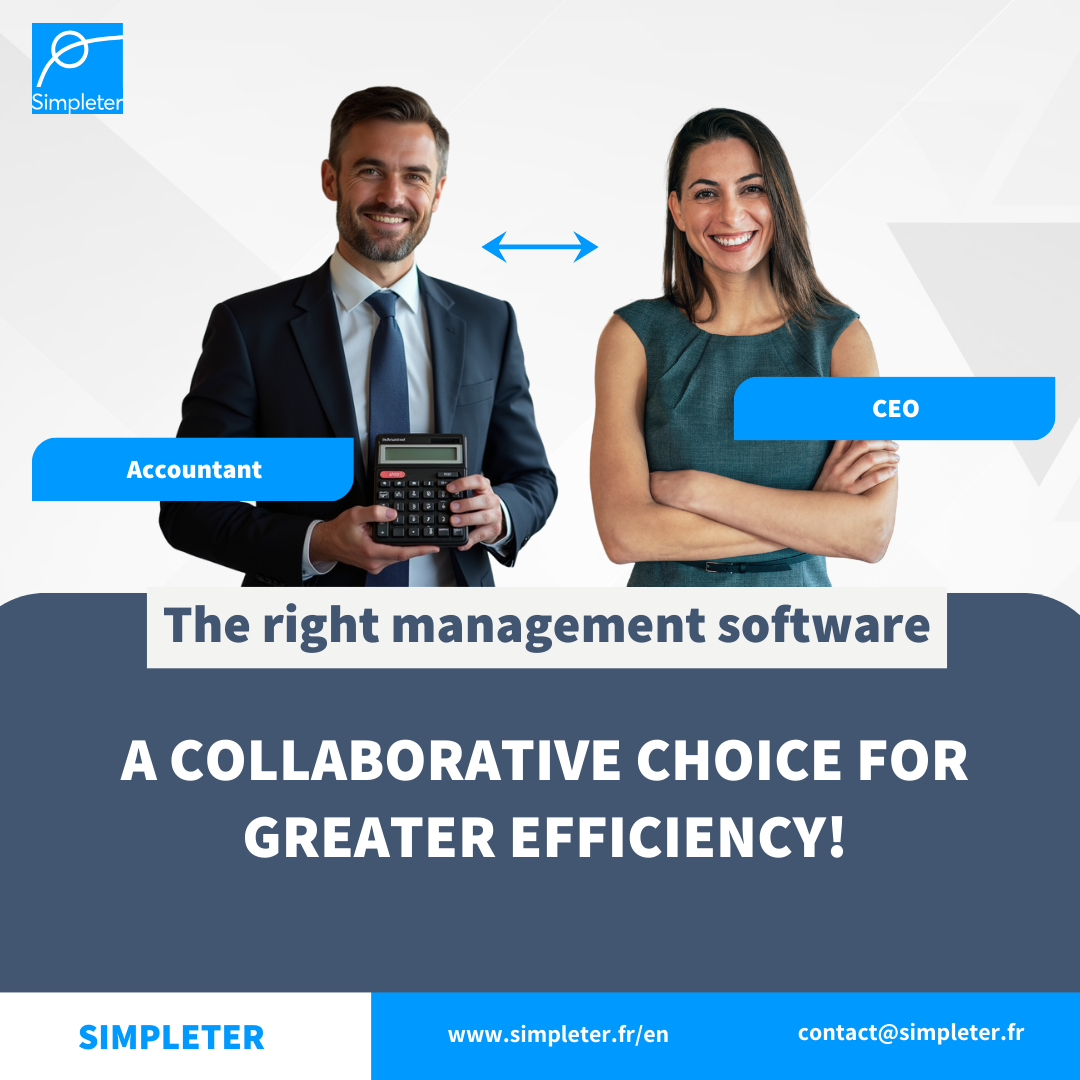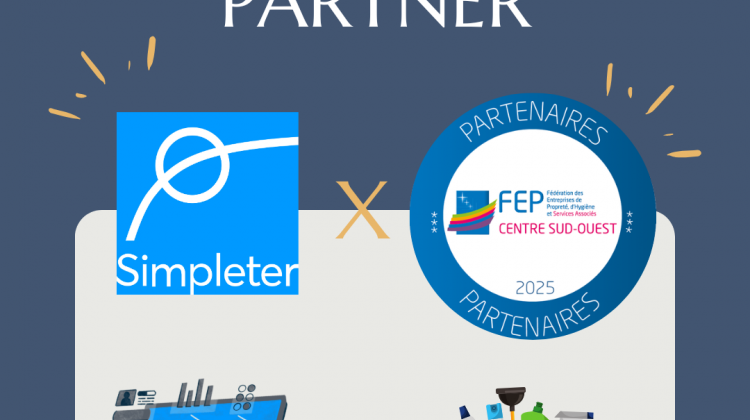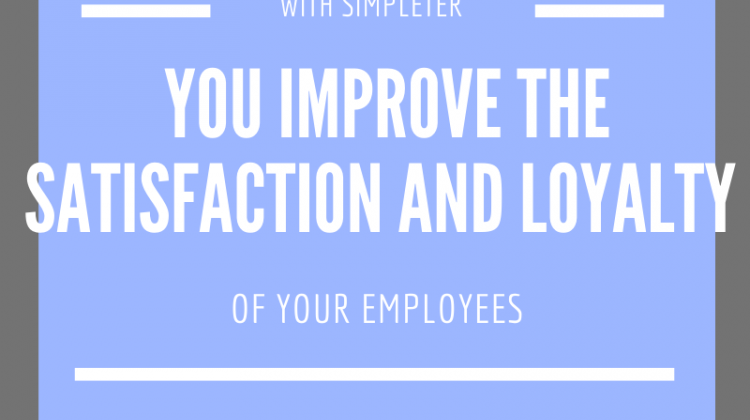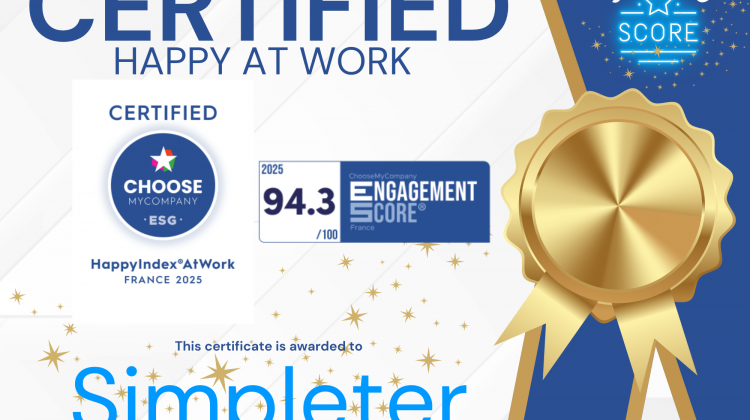Should your accountant choose your management software for you?
Here are 3 reasons why your chartered accountant should not impose the choice of management software on your service company
In many small and medium-sized service companies, a phrase often comes to mind when it comes to choosing a management tool: “It's our accountant who decides which software to use”. Although this approach is widespread and may seem reassuring, it nevertheless raises an essential problem. In reality, the chartered accountant has every interest in ensuring that his customer uses a tool that is perfectly suited to his business, rather than one that is imposed out of habit or convenience.
A management tool must above all serve the company
Service companies have specific needs: management of schedules according to skills required, workload and location of interventions, management of recurring, multi-site and multi-intervenor work orders, quotes, invoices and tracking of receipts, management of hours worked, supply orders, stocks, business procedures, customer relations...
A high-performance management tool must above all meet strategic and operational challenges. Yet a chartered accountant, however qualified he may be in accounting and taxation, does not necessarily master the specificities of his customer's business. Entrusting the choice of software to a chartered accountant can therefore lead to sub-optimized processes and hamper the company's overall performance.
Software adapted to the company's business facilitates the work of the chartered accountant
Contrary to popular belief, a business-specific tool does not complicate a chartered accountant's work - quite the contrary. A well-chosen ERP generates structured, usable and easily exportable data, which simplifies bookkeeping. For example, a digital work order also includes the order for supplies linked to the intervention, the time of arrival at and departure from the intervention site, as well as the number of trips made, etc. What's more, with the rise of APIs and integrations between software, it is possible to automate the sending of all this data, thus reducing conflicts, the risk of errors and time-consuming tasks.
The right tool improves collaboration
A tool adapted to the company's business facilitates collaboration between internal teams, with customers, service providers and suppliers, and with the chartered accountant. With access to accurate, relevant data, the chartered accountant can provide better, more targeted advice, contributing to the company's growth and profitability. Fewer errors, fewer misunderstandings, and a clearer picture of the financial situation: it's a win-win situation.
Conclusion
The chartered accountant plays a key role in a company's financial management, but his influence must not hold back the digitization and optimization of service company processes. Choosing the right business tool is not a constraint for the chartered accountant, but a lever for overall performance. The best approach is based on intelligent collaboration between the company and its chartered accountant, to find a mutually beneficial solution. A well-chosen tool not only facilitates day-to-day management, it also contributes to the growth and sustainability of the company, and simplifies the work of the chartered accountant.

The latest news & updates from Simpleter.
Subscribe to our newsletter
Subscribe to our monthly newsletter and keep up to date with our latest news.






